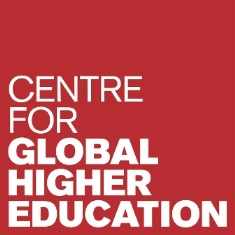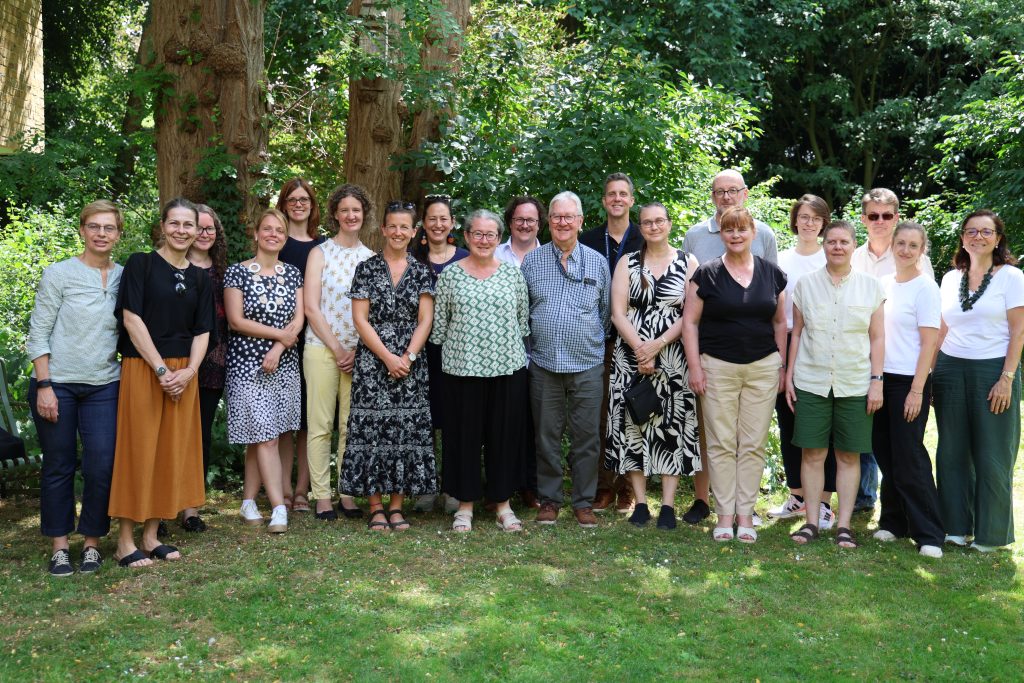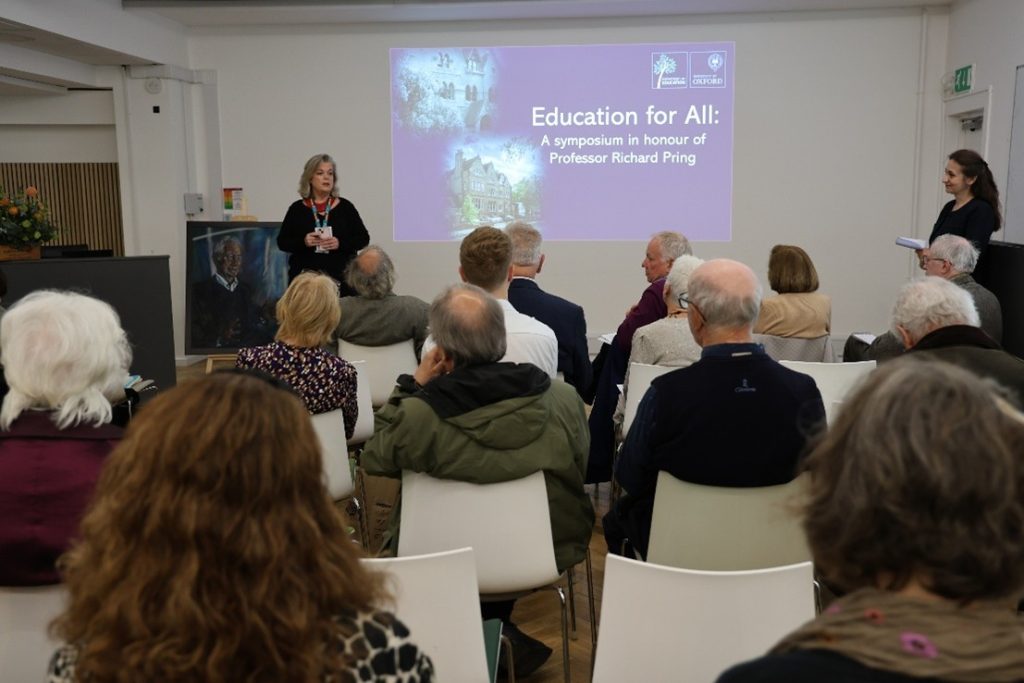ESRC backs CGHE for a further three years with a ‘Transition Centre’ phase.
Earlier this week the Economic and Social Research Council (ESRC) advised the Centre for Global Higher Education (CGHE) in writing of its intention to approve an additional three years of funding, in what ESRC calls the ‘Transition Centre’ phase. This followed a submission to ESRC by CGHE and a peer-based panel hearing at ESRC. It is expected that formal documentation of the funding extension will be sent in early March and the additional funding period will be from October 2020 to October 2023.
ESRC commented that ‘scientific and other outputs from the Centre’ in its first four years ‘made for an impressive record’ and commended CGHE’s forward work programme for the Transition Centre.
It noted that ‘for the Centre to realise its potential at the Transition phase, it needs to build on existing research and focus on synthesis, dissemination, and impact, as well as on building capability and financial sustainability.’ The forward plan emphasises academic publishing, briefings for policy makers and major public events designed to enhance the impact of the research. Though the funding base is smaller in ESRC Transition Centres than in the first phases, academic researcher time is funded by the participating universities and not the research council, and not all of CGHE’s current researchers formally continue into 2023, the ESRC panel urged that CGHE maintain contact with the full network that has been built up so far in order to maximise the effectiveness of the research programme.
CGHE will also conduct two new projects during the three years of the Transition Centre. The first project focuses on the role of research in higher education and an international comparison of research evaluation systems. The second is concerned with mapping the global policy space in higher education, including the role of donors and corporations, higher education in Africa and Central Asia/the Caucuses, and European higher education after Brexit.
CGHE has its headquarters at Oxford Department of Education and is directed by the Oxford Professor of Higher Education, Simon Marginson. In the UK it also includes researchers at the UCL Institute of Education, Lancaster University, the University of Bath, Sheffield University and Durham University. Oxford, UCL, Lancaster and Bath will be active in the Transition Centre phase. Oxford is refurbishing the current local CGHE precinct to house the expanding researcher group.
CGHE also has affiliated project researchers based in universities in China, Hong Kong SAR, Japan, Australia, South Africa, the United States, Ireland and the Netherlands.
Oxford researchers active in the Transition Centre will include Simon Marginson, Professors Alis Oancea, David Mills and Maia Chankseliani, Dr James Robson and Dr Xin Xu. It is expected that further funded CGHE projects will be developed at CGHE Oxford, as well as at CGHE’s other sites, and there will be exciting opportunities for emerging researchers to gain project experience and work with CGHE’s international team.
Find out more about the Centre for Global Higher Education here.









